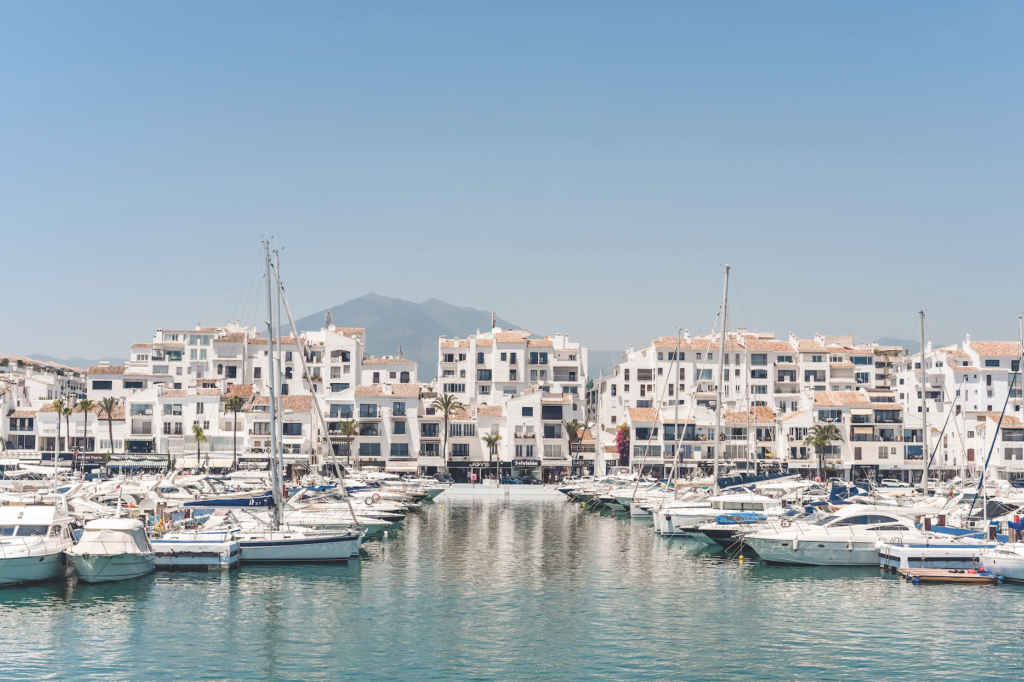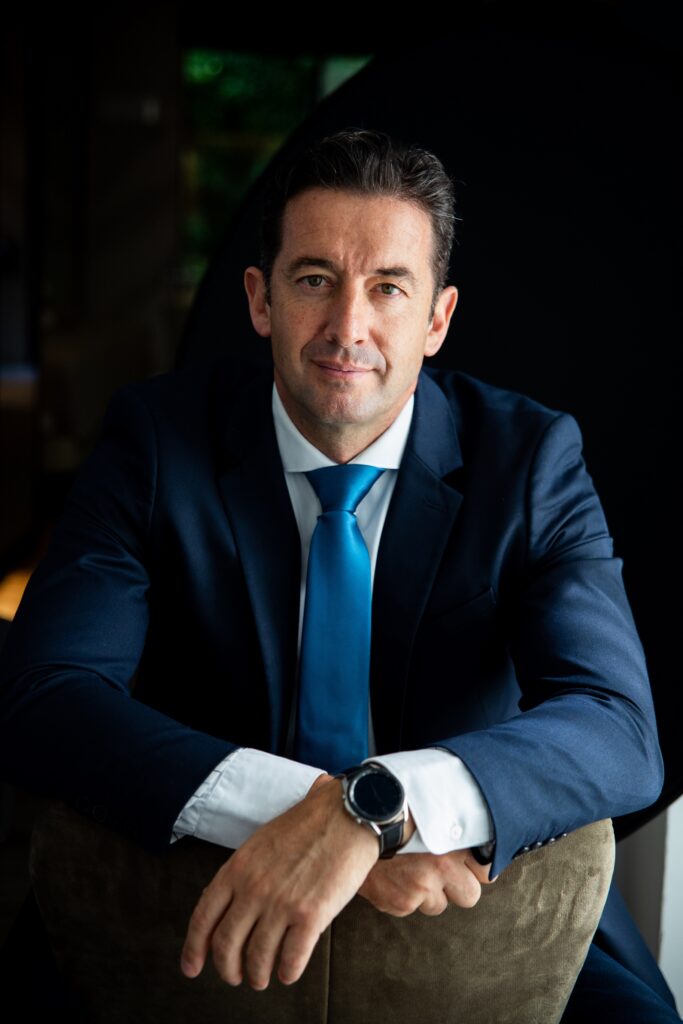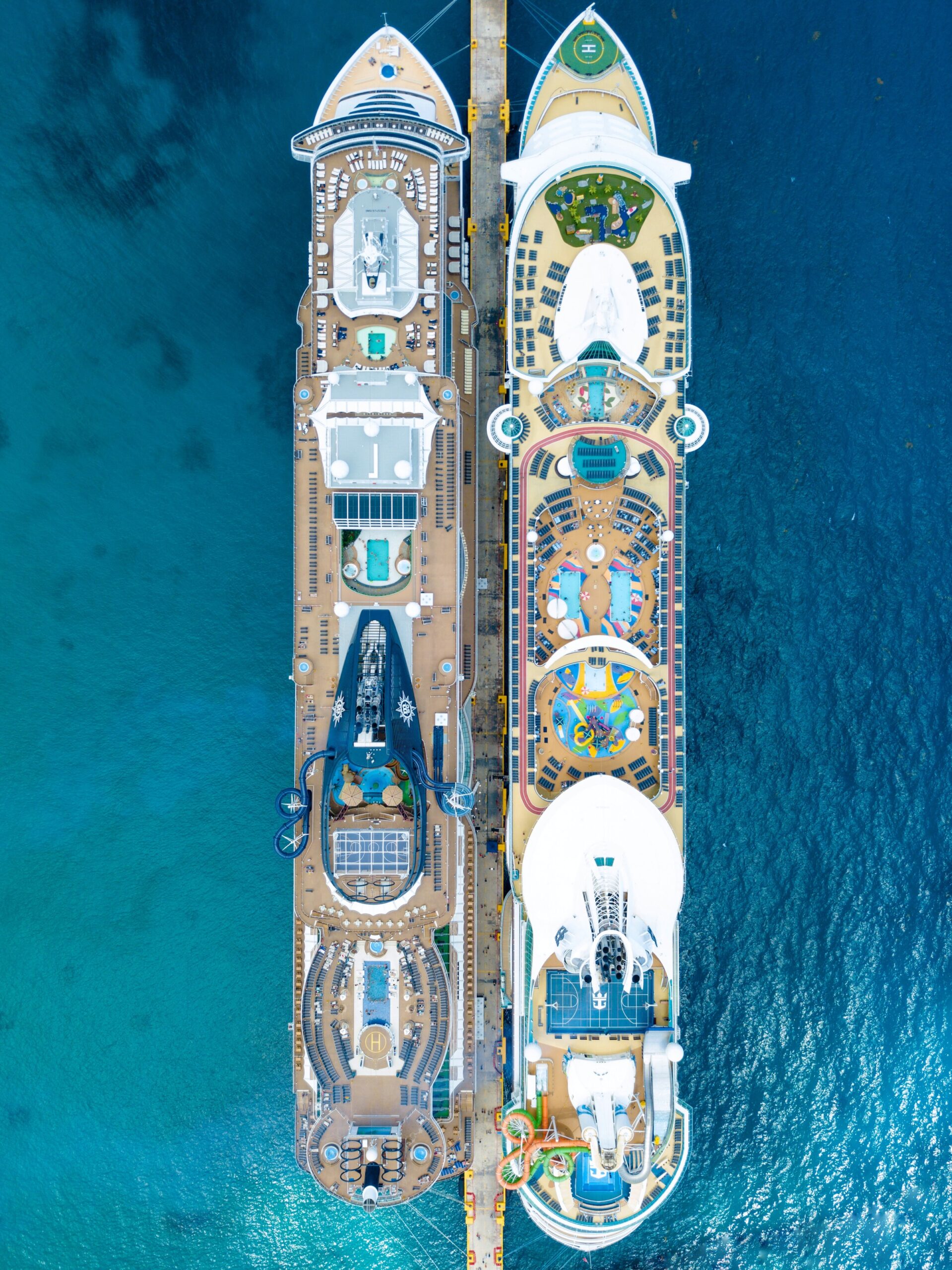The tourism industry is currently undergoing an exciting period of transformation and innovation, with a pace of change never seen before. The time between the emergence of new trends and technologies capable of changing the rules of the game or necessitating a comprehensive update to stay competitive is shrinking. One of the latest innovative disruptions that promises to reshape much of what we currently do in the tourism and hospitality sector is Artificial Intelligence (AI).
Within this landscape, the cruise industry, with its high demand for efficiencies and concentrated experiences, stands as one of the subsectors most exposed to this change. At Les Roches, we are collaborating with some of the best luxury cruise companies to help shape the best talent with the skills not only to meet the high standards of customer experience management but also to handle and leverage the innovations the market offers to the sector.
Training the next generation in AI is not easy, much like any new technological innovation that begins to emerge in the market. The evolution of technology and its applications often outpaces the ability to update the knowledge/experience base, so the key we apply at Les Roches is the immersion of professionals in an ecosystem and work dynamics where they will interact and learn the latest. Above all, they will work on their analytical, prioritisation, and management competencies to navigate changing and uncertain environments, providing their projects with a differentiating factor compared to the market standard at any given moment.
The newly-launched Postgraduate Diploma in Cruise Management and a specific specialisation within the new Master’s in Hotel and Tourism Management with Specialisations also help complete the offering for professionals looking to seize the significant growth potential of luxury cruises today.
The curriculum covers both the business and operational aspects of a luxury cruise service, including the management of onboard areas such as accommodation, dining, and events, as well as commercial operations, sales and revenue management, and maritime law.

The Current AI Landscape in Cruises
AI has become an essential tool for optimising processes and improving both passenger experiences and employee performance.
For example, AI can predict patterns and consumption trends of passengers, allowing businesses to understand their behaviour and adapt practices accordingly. It enhances the passenger experience by collecting data that enables the analysis of individual preferences and habits, resulting in personalised gastronomic and leisure recommendations.
AI also extends to areas such as safety and maintenance, predicting and diagnosing when equipment needs a review to reduce downtime, detect potential hazards and environmental issues, and enhance overall safety.
Sustainability and AI Synergy
The Cruise Lines International Association (CLIA) has committed to reducing carbon emissions by 40% by 2030 and eliminating them by 2050. AI can contribute to achieving these goals by optimising navigation routes, efficiently managing energy based on occupancy, and reducing carbon footprint in real-time.
AI collects a large volume of data to identify sustainability trends and improvement opportunities, enabling informed decision-making and refining environmentally-friendly initiatives. For example, companies already analyse variations in route in real-time based on information generated by ocean beacons and weather predictions to generate less CO2, aligning efforts with environmentally-conscious customers.
Another specific example is Royal Caribbean, which uses AI on its Symphony of the Seas vessel to reduce food waste. Solutions help make decisions about food storage, reducing waste rates. This not only improves sustainability but also reduces costs.
Challenges and Opportunities
While implementing AI in the cruise industry presents challenges, it also offers significant opportunities for operational improvement and enhanced experiences.
One initial barrier is the costs associated with implementing AI systems. However, it is crucial for cruise companies to evaluate these expenses in the long term, considering the benefits that AI can provide in terms of operational efficiency and improved customer experience.
Training personnel is also a challenge, finding a balance between technology and the human touch. AI is a powerful tool, but only if trained professionals can fully leverage its potential and contribute to the human touch that makes the combination more powerful. In this regard, Les Roches recognises its important role in training specialised talent in the interaction between technology and hospitality in various sectors.
Regulatory compliance is another significant challenge of AI. Companies must establish good-use policies to ensure compliance with safety and sustainability laws. This involves defining strong quality standards and corporate values aligned with the ethical and responsible implementation of AI.
Moreover, collaboration with specialised AI technology companies provides the cruise line industry with the opportunity to stay at the forefront of innovation. For example, Royal Caribbean conducts small-scale tests and, once successful, makes adjustments and incorporates solutions into its other vessels. MSC Cruises has partnered with Harman to create an AI-driven digital assistant on its Belissima vessel, capable of communicating in multiple languages and learning user preferences to meet their needs at any time of day.
A Future Anchored in Optimism
Looking ahead, the future of the cruise line industry in a decade, in terms of AI adoption and sustainability, appears optimistic. Technology has transitioned from being a threat to becoming a valuable ally in the evolution of various sectors of society. It has revolutionised and optimised the way businesses operate, raising the quality of products and services, as well as the working conditions of employees.
In just three years, CLIA expects the cruise industry to reach 39 million passengers worldwide, a 30% increase from 2019. AI, playing a significant role, allows for the achievement of ambitious goals and marks a turning point between efficiency, innovation, and sustainability.
Adopting AI strategies steadily but consistently is crucial to achieving great results. For instance, predictive analysis tools gather large amounts of data, offering valuable insights to cruise directors. This enables them to anticipate each customer’s needs and provide the most personalised service. Companies adopting this strategy will have a clear advantage over their competitors, as they will have a wealth of data that anticipates future trends and delivers unique experiences.
Advice for the Industry
As an expert in hotel and tourism management, my advice to cruise companies considering incorporating AI into their operations but have not yet taken the leap is to overcome the reluctance associated with AI through a comprehensive analysis. Understand the specific needs of each company, identify the problems to be solved, and determine the areas where AI can be applied to improve efficiency and sustainability.
Ideally, do not tackle this task without the support of someone with the necessary experience. Les Roches encourages companies wishing to explore this new scenario to join our Spark project, where we connect and collaborate with tourism companies, projects, and technological experts at the forefront of new trends.
Once the objectives are well defined, that is when the investment in AI should take place. And it is not just about investing in technology but also in the training of specialised personnel who will work hand in hand with it. We are well aware of the performance that talent capable of integrating the most advanced technological strategies in the hospitality and cruise line industry can deliver.
AI will soon not be an option but a necessity.
Carlos Díez de la Lastra, CEO, Les Roches Global


